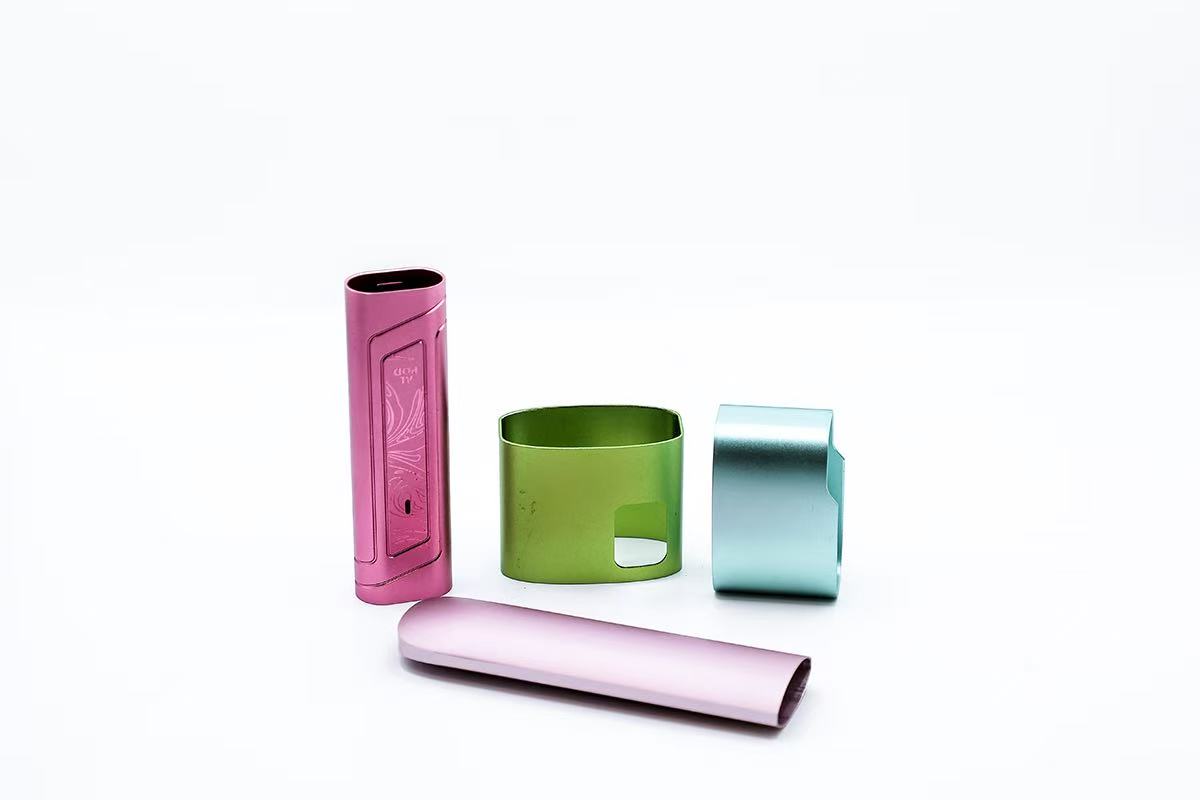Aluminum Alloy Selection Guide for CNC and Stamping Applications
Aluminum is a versatile and widely used material in various industries, thanks to its lightweight, corrosion-resistant properties, and ease of fabrication. In CNC machining and sheet metal stamping, choosing the right aluminum alloy is crucial for optimizing performance, durability, and cost-effectiveness. This guide provides an in-depth look at the most commonly used aluminum alloys, their applications, and considerations for selecting the right one for your specific CNC and stamping needs.
Key Factors in Aluminum Alloy Selection for CNC Machining and Stamping
When selecting aluminum alloys for machining or stamping, several factors must be considered:
Strength Requirements: The strength of the material impacts the longevity and durability of the finished product.
Corrosion Resistance: If the final product will be exposed to moisture or chemicals, corrosion resistance becomes a critical factor.
Formability: Some alloys are easier to form than others, impacting the manufacturing process and efficiency.
Weight: Aluminum’s lightness is a significant advantage in aerospace, automotive, and other industries where reducing weight is a priority.
Cost: Different alloys come with varying price tags, making it important to balance cost with performance requirements.
Commonly Used Aluminum Alloys for CNC Machining and Stamping
1. Aluminum 6061 (1.4% Magnesium, 0.8% Silicon)
Strength: Medium
Applications: Aerospace, automotive, structural components
Properties: Known for its excellent combination of strength, corrosion resistance, and workability. This alloy is highly versatile and can be used for both machining and stamping processes.
Advantages: Great for components requiring high strength-to-weight ratios and corrosion resistance.
Best for: CNC machining of complex parts like brackets, gears, and frames, as well as sheet metal stamping of parts for transportation and industrial applications.
2. Aluminum 7075 (5.6% Zinc, 2.5% Magnesium)
Strength: High
Applications: Aerospace, military, high-performance engineering
Properties: One of the strongest aluminum alloys, it is used in high-stress applications. 7075 is often used in aerospace and defense industries due to its strength.
Advantages: Exceptionally high strength, but it is less resistant to corrosion compared to 6061, and it can be more challenging to machine.
Best for: CNC machining of high-strength components, such as aircraft parts, high-stress structural parts, and military-grade applications.
3. Aluminum 2024 (4.4% Copper, 1.5% Magnesium)
Strength: High
Applications: Aircraft, military, heavy-duty machinery
Properties: Known for its high strength and excellent fatigue resistance, this alloy performs well in applications that demand both strength and durability.
Advantages: 2024 is highly durable, with superior strength and fatigue resistance compared to other alloys.
Best for: CNC machining of parts that will be subjected to stress cycles, such as aircraft wings, fuselage components, and heavy-duty vehicles.
4. Aluminum 5052 (2.5% Magnesium)
Strength: Medium
Applications: Marine, chemical, food industries
Properties: Excellent corrosion resistance, particularly in marine environments. This alloy is highly formable and resistant to saltwater corrosion.
Advantages: Best for applications that require resistance to marine environments, such as boat hulls and chemical containers.
Best for: Sheet metal stamping of marine parts, food processing equipment, and chemical containers.
5. Aluminum 3003 (1.2% Manganese)
Strength: Low
Applications: Household appliances, heat exchangers, roofing
Properties: This is one of the most commonly used aluminum alloys due to its excellent formability and medium corrosion resistance.
Advantages: 3003 is easy to work with, making it ideal for a variety of applications where strength is not the primary concern.
Best for: CNC machining and stamping of non-structural parts such as kitchen appliances, roofing, and siding.
6. Aluminum 1100 (99% Pure Aluminum)
Strength: Low
Applications: Commercial products, decorative, food processing
Properties: Being 99% pure, 1100 is highly resistant to corrosion, but it lacks the strength of alloyed versions.
Advantages: This alloy is easy to weld, form, and fabricate, making it suitable for decorative and non-structural applications.
Best for: CNC machining of small components, packaging, and decorative products, where strength is not the primary concern.
Aluminum Alloy Considerations for CNC Machining
When choosing an aluminum alloy for CNC machining, it’s important to consider the following:
Tooling: Different alloys will wear tools differently. Stronger alloys, such as 7075, may wear tools faster and require higher-quality cutting tools to maintain machining accuracy.
Machining Speed: Softer alloys like 3003 and 1100 can be machined faster due to their ease of cutting, while harder alloys like 7075 may require slower speeds and more careful management of heat generation during machining.
Surface Finish: Aluminum alloys that are highly formable, like 6061 and 5052, tend to have a better surface finish when machined, which is crucial for applications where appearance is important.
Aluminum Alloy Considerations for Sheet Metal Stamping
In sheet metal stamping, the thickness of the aluminum sheet is also an important consideration:
Thickness: Thicker sheets are more challenging to stamp but can result in more durable parts. Thinner sheets, like those used for 3003, can be easier to form but may not provide the necessary strength for heavy-duty applications.
Stretching and Formability: Alloys like 5052 and 3003 are known for their excellent formability, making them suitable for complex stamping operations.
Corrosion Resistance: If the stamped parts will be exposed to harsh environments (e.g., marine or outdoor), alloys like 5052 and 6061 provide better corrosion resistance.
Conclusion: Selecting the Right Aluminum Alloy
Choosing the correct aluminum alloy for your CNC and sheet metal stamping applications requires careful consideration of the material’s strength, formability, corrosion resistance, and cost. By understanding the unique properties of each alloy, you can ensure that your components perform well under their specific application conditions. Whether you are manufacturing precision parts for the aerospace industry or simple household products, selecting the right alloy is crucial for achieving optimal performance and cost efficiency.
At Kinbest, we specialize in CNC machining and sheet metal stamping, providing a wide range of aluminum alloys for various applications. Our extensive experience allows us to guide you through the selection process to ensure that you choose the perfect material for your project. Contact us today to learn more about our capabilities and how we can help you achieve the best results for your aluminum parts.
